Exploring the Synergy Between Quantum Field Theory and Artificial Intelligence
The Intersection of Quantum Field Theory and Artificial Intelligence
Quantum Field Theory (QFT) and Artificial Intelligence (AI) are two realms that, at first glance, seem vastly different. However, as someone deeply entrenched in the world of AI consulting and with a keen interest in physics, I’ve observed fascinating intersections where these fields converge. This intricate relationship between QFT and AI not only highlights the versatility of AI in solving complex problems but also paves the way for groundbreaking applications in physics. In this article, we explore the potential of this synergy, drawing upon my background in Artificial Intelligence and Machine Learning obtained from Harvard University.
Understanding Quantum Field Theory
Quantum Field Theory is the fundamental theory explaining how particles like electrons and photons interact. It’s a complex framework that combines quantum mechanics and special relativity to describe the universe at its most granular level. Despite its proven predictive power, QFT is mathematically complex, posing significant challenges to physicists and researchers.
Artificial Intelligence as a Tool in QFT Research
The mathematical and computational challenges presented by QFT are areas where AI and machine learning can play a transformative role. For instance, machine learning models can be trained to interpret large sets of quantum data, identifying patterns that might elude human researchers. Examples include predicting the behavior of particle systems or optimizing quantum computing algorithms. This capability not only accelerates research but also opens new avenues for discovery within the field.
- Data Analysis: AI can process and analyze vast amounts of data from particle physics experiments, faster and more accurately than traditional methods.
- Simulation: Machine learning algorithms can simulate quantum systems, providing valuable insights without the need for costly and time-consuming experiments.
- Optimization: AI techniques are employed to optimize the designs of particle accelerators and detectors, enhancing their efficiency and effectiveness.
Case Studies: AI in Quantum Physics
Several groundbreaking studies illustrate the potential of AI in QFT and quantum physics at large. For example, researchers have used neural networks to solve the quantum many-body problem, a notoriously difficult challenge in quantum mechanics. Another study employed machine learning to distinguish between different phases of matter, including those relevant to quantum computing.
These examples underscore AI’s ability to push the boundaries of what’s possible in quantum research, hinting at a future where AI-driven discoveries become increasingly common.
Challenges and Opportunities Ahead
Integrating AI into quantum field theory research is not without its challenges. The complexity of QFT concepts and the need for high-quality, interpretable data are significant hurdles. However, the opportunities for breakthrough discoveries in quantum physics through AI are immense. As AI methodologies continue to evolve, their potential to revolutionize our understanding of the quantum world grows.
“`
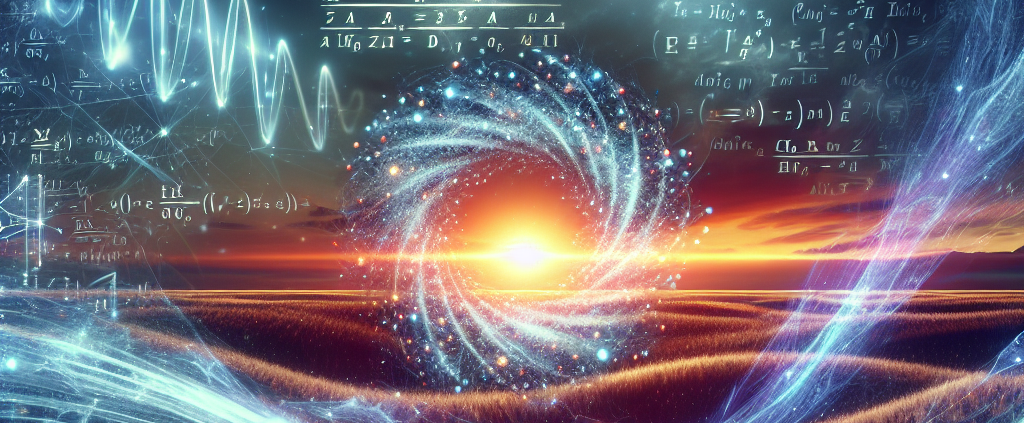

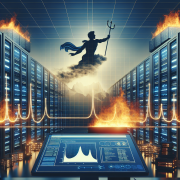
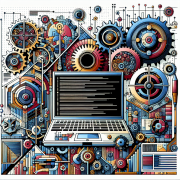
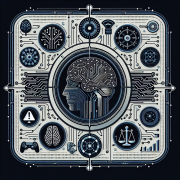
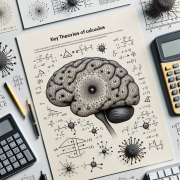
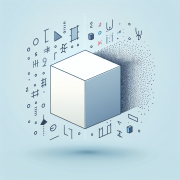


Leave a Reply
Want to join the discussion?Feel free to contribute!